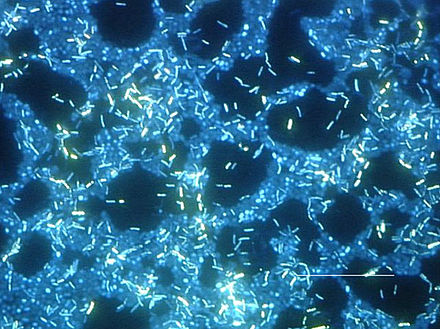Biofilm-associated infections present a major diagnostic and therapeutic challenge in modern medicine. Morbidity and mortality due to chronic biofilm-associated infections have remained unchanged over the past few decades. It is almost impossible to eradicate biofilm-associated infections because – even in the absence of genotypic resistance – bacteria within biofilms efficiently withstand antibiotic treatment and the host immune response. The urgent medical need for new therapy options for biofilm-associated infections has spurred global biofilm research during the last years; however, we are only at the beginning of understanding the reasons for biofilm recalcitrance. The advances of Next Generation Sequencing (NGS) have opened up new frontiers in genome research. Accelerated detection of an individual ́s molecular / genetic profile is being increasingly used to customize health management and treatment in approaches to personalized medicine. The basis for those approaches is a detailed understanding of the intricate link between genotypes and phenotypes, and how the environment influences that link. Rapid developments in sequencing technologies have been followed by an expansion and adaptation of machine learning techniques for omics data. This project will be based on the advanced use of microbial genomics and omics technology to generate new insights into mechanisms of biofilm resistance of two clinically relevant chronic biofilm-associated infections: A) the Pseudomonas aeruginosa-infected cystic fibrosis lung, as a model for life-threatening mono-species biofilm-infections, and B) the dental implant infection, as a representative for prevalent polymicrobial biofilm- associated infections. The central aims are to develop the relevant capabilities in data science research: (i) to develop innovative diagnostics and to strive for personalized therapeutic solutions in patients suffering from biofilm-associated infections, and (ii) to advance workflow and tool chain standardization in order to support these research questions and similar ones in the future.
© 2025 L3S Research Center
© 2025 L3S Research Center
Appelstr. 9a · 30167 Hannover




